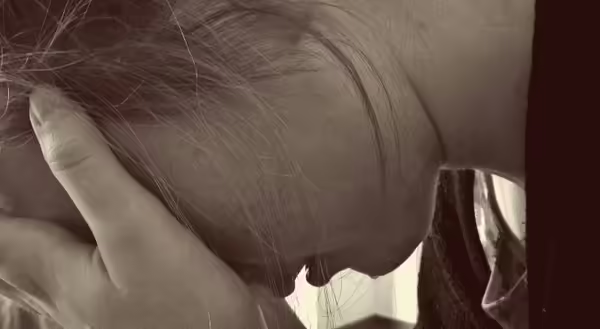
In 2018, approximately 20.3 million people aged 12 or older had a substance use disorder (SUD). SUD’s are defined as the recurrent use of alcohol or drugs that result in problems such as being unable to control use of the substance, failing to meet work, home or school obligations, having poor health, and spending an increased amount of time acquiring, using or recovering from the effects of the substance. As a result of SUDs, family members are highly impacted through the actions and behaviors of the family member who is using. A parental SUD can cause disruption of attachment, rituals, roles, routines, communication, social life and finances of the family.
The impact of SUDs on the family can include:
- Family members feeling obligated to cover for the person with the problem
- Increase in divorce rates
- Potential for domestic violence
- Struggle with unemployment
- Chaotic, unpredictable, high conflict households
- Inconsistent emotional response and care for children –abusers tend to be less involved in family activities
SUDs can have an even bigger impact on the children in the family. The National Survey on Drug Use and Health reported that from 2009-2014, an annual average of 8.7 million children aged 17 or younger lived in households in the U.S. with at least one parent who had an SUD.
These children experience even more trauma that increases their difficulty in academics, social settings and family functioning. Many experience feelings of guilt, shame, self-blame, fear, and have an increased risk for depression, anxiety, mental and behavioral disorders and functional impairments. Some children of users begin to parent themselves, younger siblings and even the users, becoming what is known as “parentified” children. Sometimes the best thing for the child is to be removed and placed in out-of-home care. In 2017, 258,770 children in U.S. were in out-of-home care due to parental SUDs.
When someone in the family has a SUD, the whole family needs to be part of the recovery process – recovery for the user, and prevention and supportive services for the rest of the family. Social workers can help parents with more effective parental supervision and parenting techniques, set up more structure in the home and assist with facilitating healthy communication. The children may participate in counseling and peer support groups, along with tutoring and mentoring services. They also may need to be assessed for developmental delays, medical conditions, mental disorders and SUDs and treated accordingly.
General advice for family and friends of abusers - Don’t:
- Punish, threaten, bribe or preach
- Shield abuser from natural consequences
- Take on their responsibilities
- Hide or dump bottles or shelter them from situations where alcohol is present
- Argue with a person who is impaired
- Drink alongside the problem drinker
- Feel guilty or responsible for another person’s behavior
Recovery usually requires assistance. Here are some great resources to check into for help:
Substance Abuse and Mental health Services Administration
1-800-662-4357
www.samhsa.gov/find-help/national-helpline
National Suicide Prevention LifeLine
1-800-273-8255
https://suicidepreventionlifeline.org/
National Association of Children of Alcoholism
Opioid Treatment Program Directory